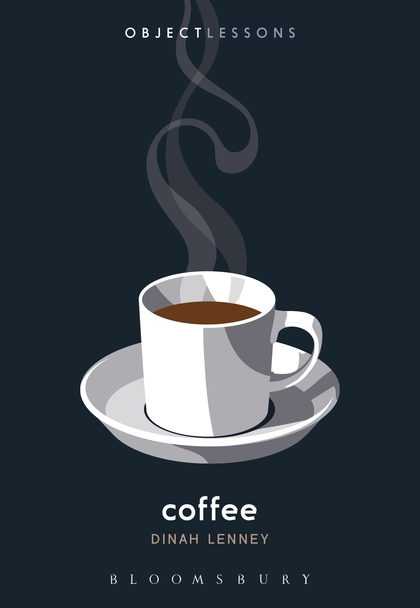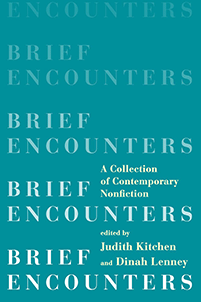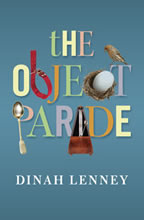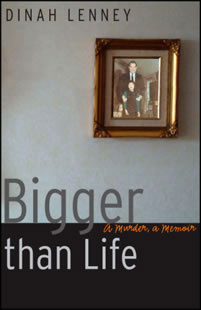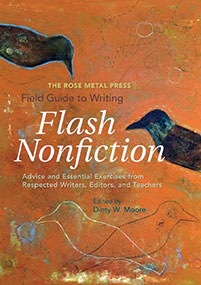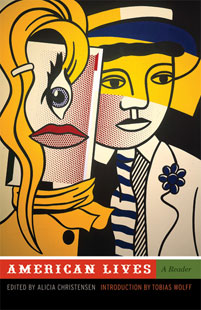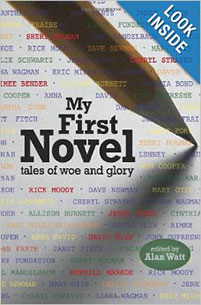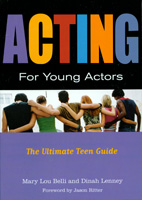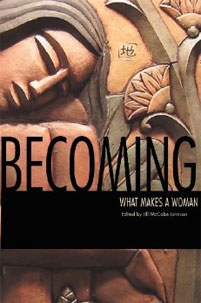|
EXCERPTS OF THE OBJECT PARADE
Enjoy this recent article featuring excerpts from the book posted at The Nervous Breakdown, April 21, 2014. [Full Post]
PRAISE FOR THE OBJECT PARADE
"How better to track the stages, shape, and meaning of a life than by way of the significant objects in it? But Dinah Lenney is a good deal more than clever. Every object she embraces in this beautifully-wrought book -- the piano, the Christmas tree, the mole, the green earrings -- discloses the compressed and hidden power of things, the nouns with which we write our lives. Piece by piece, the author reveals herself as a first rate observer in possession of a kind and generous mind -- the most treasurable object in her rich parade.”
— Roger Rosenblatt
“The Object Parade is a wonderful book—an inquiry, a quest. The relation of objects to individuals is perhaps its secret charm. It doesn't simply narrate —underneath is the persistent urgency to understand, to consider, beyond the joys and anguish of the self, the meaning of these bright and sometimes out-of-focus slides that pass before us, revealing not only a life but a growing consciousness. I read with deep pleasure and that sensation of being in a book, that is rarer than it should be."
— Patricia Hampl
“Spoon, piano, flight jacket, Ferris wheel—The Object Parade courts tactile memory. Driven by Dinah Lenney's distinctive, insouciant voice, at once engagingly authoritative and tenaciously self-questioning, the heft of a guitar, smell of chicken simmering, or ticking metronome are brought to life again, then re-examined under the magnifying glass of time. The story of family and fate (with its rich panoply of relationship and revelation) unfolds here as "one thing" does inevitably "lead to another" in the hands of an author who gives us genuine insight at its subtle, insistent best.”
— Judith Kitchen, author of Half in Shade and The Circus Train
"From politics to the piano to the lament of a mourning dove, Dinah Lenney looks life in the eye and never finds it wanting. Like Proust's madeleines, her "objects" scent the terrain of this book with memories from the evanescent to the profound. The world itself, examined with joy, shines out through each small detail. You will love this book, one object at a time, right down to its very end."
— Linda Gray Sexton, author of Searching for Mercy Street: My Journey Back to My Mother, Anne Sexton and Half in Love: Surviving the Legacy of Suicide.
“The Object Parade is a rich, poignant homage to, quite literally, the stuff of life. Lenney is a gifted essayist, but her ear for the riddles and rhythms of language reveals the sensibilities of a poet—even a musician. She doesn't just write to us. She sings to us. You won't just read this collection, you will hear it.”
— Meghan Daum
“Dinah Lenney's marvel of a book is both unflinching and confiding. Her subjects are, ostensibly, the familiar objects of daily life. But no matter what this writer sets her sights on--a scarf, a coffee scoop, a pair of shoes--its sure to yield unexpected meanings, intricate histories, and memorable stories. The objects in this parade quickly transcend their personal significance to the writer and stir the reader with a sharpened sense of life's pleasures and risks. Lenney knows that everything we touch has the power to change us.”
— Bernard Cooper
“..heart-stopping..This creatively structured book remains an enjoyable read, and the standout essays merit the price of admission.”
— Publishers Weekly
“A pensive perusal of the objects that can define and shape a life… the collection’s pieces build on each other, layer upon vivid layer of Lenney’s personal history, her heart firmly invested in hearth and home…One of the book’s most moving entries also happens to be its shortest: a strikingly gorgeous, two-page homage to Lenney’s daughter, portrayed as a young girl bouncing in the sun trailing a kite flush with bright streamers. An eclectic treasury of the cherished and the evocative.”
— Kirkus Reviews
"Lenney draws upon her experiences as a working actor and mother, offering a reflective and candid look at the connection between sentiment and necessity."
— Book List
|
